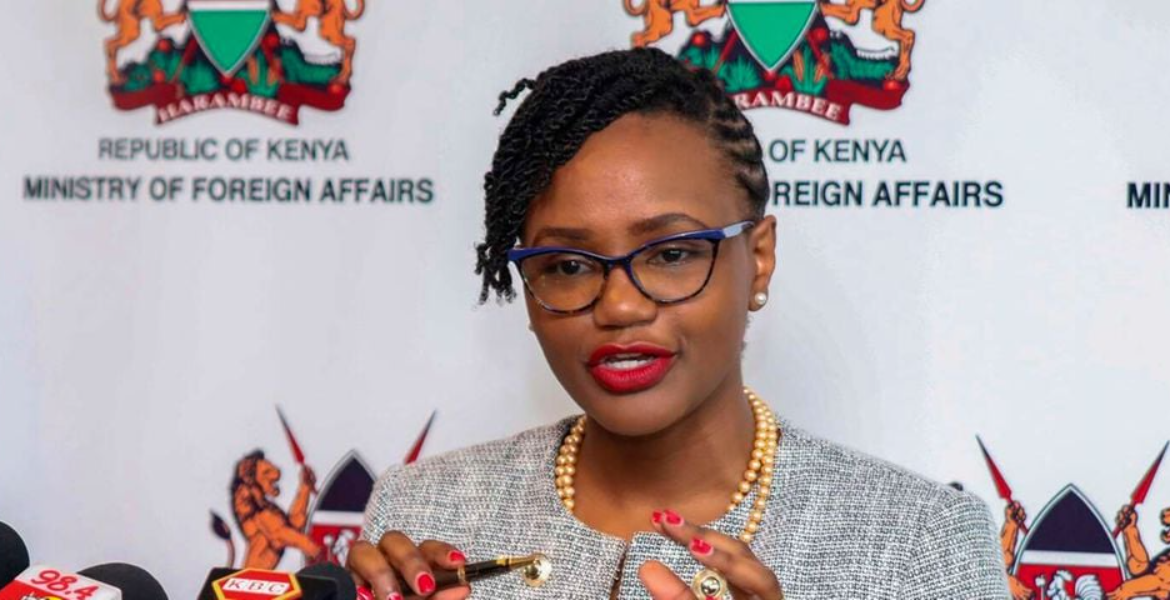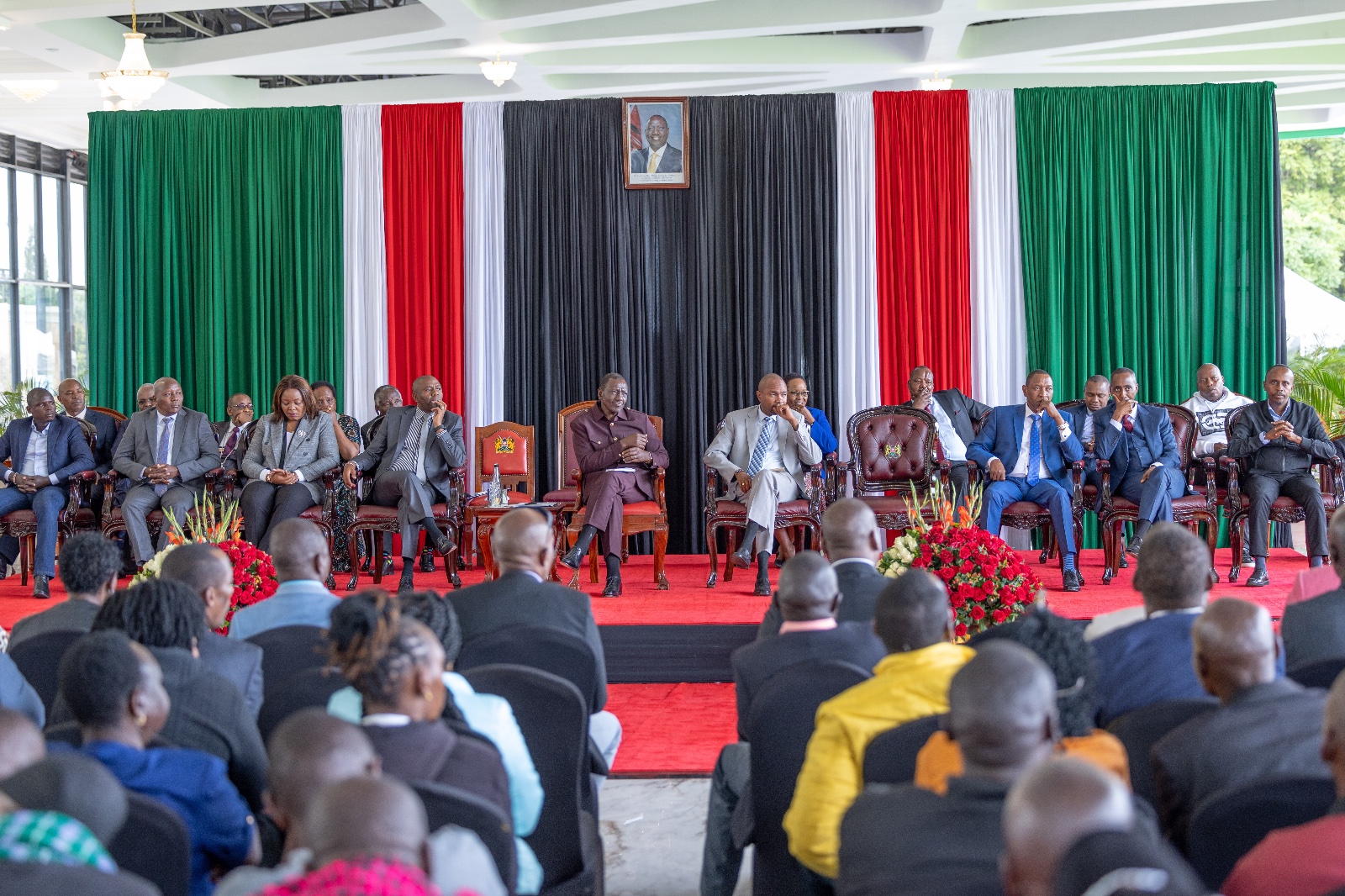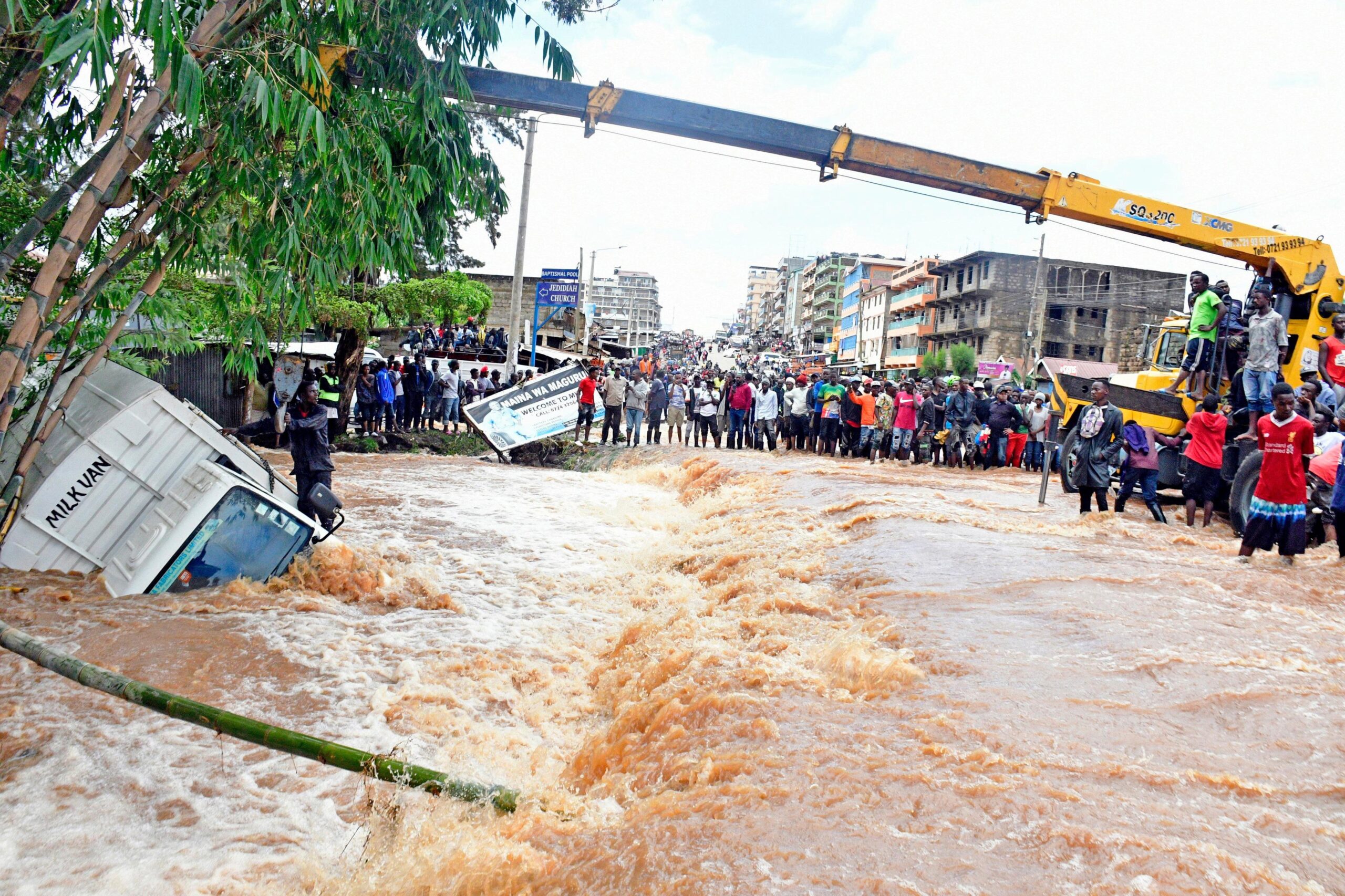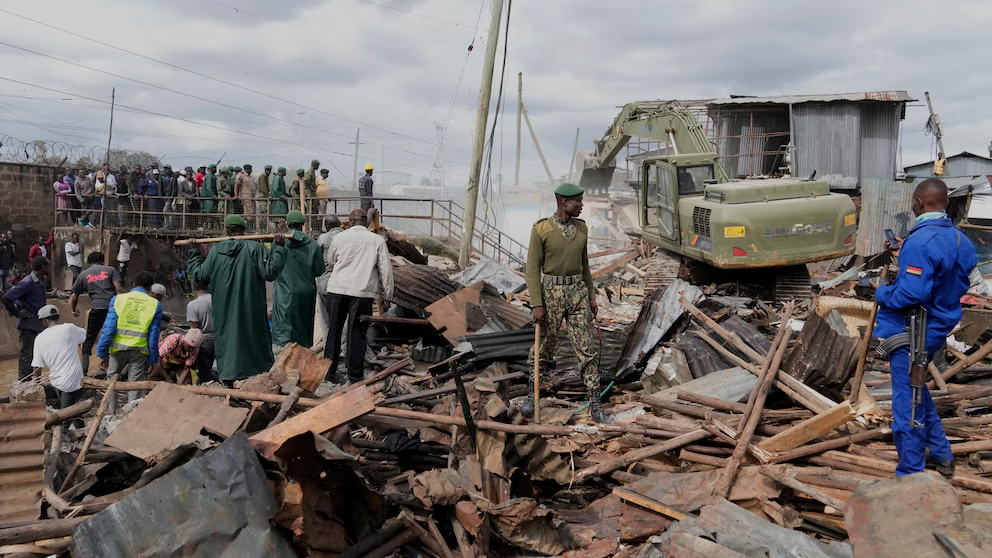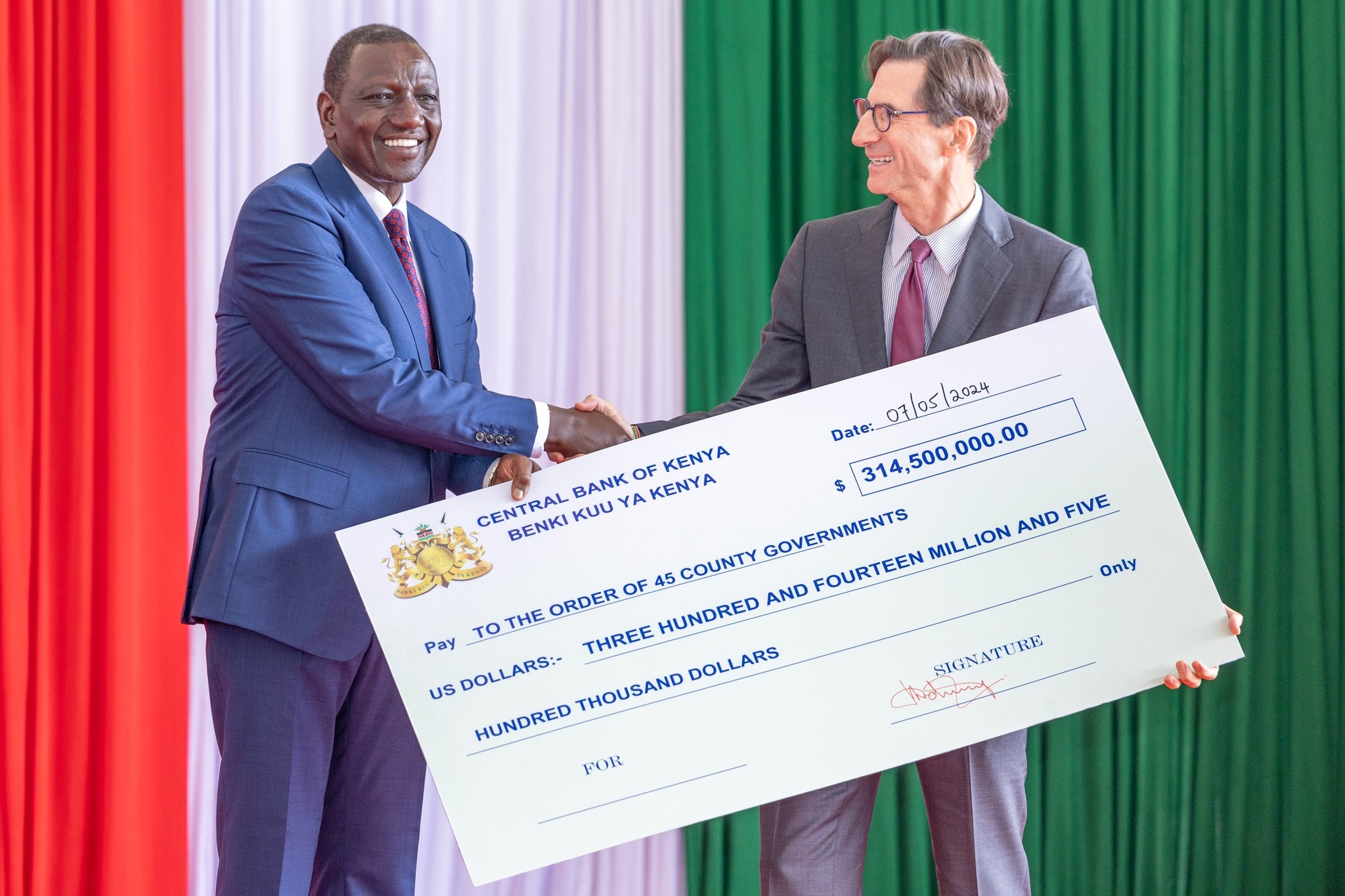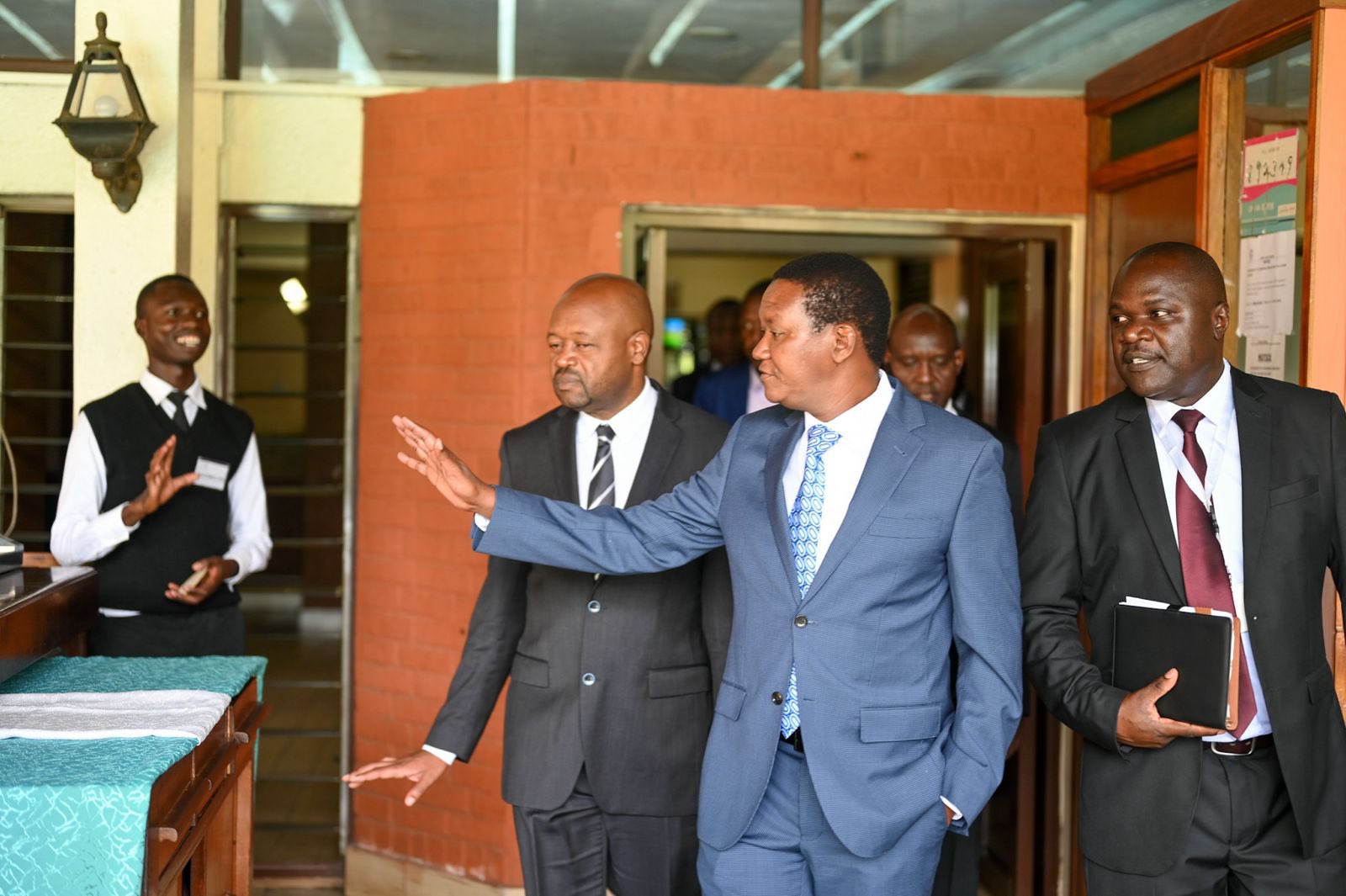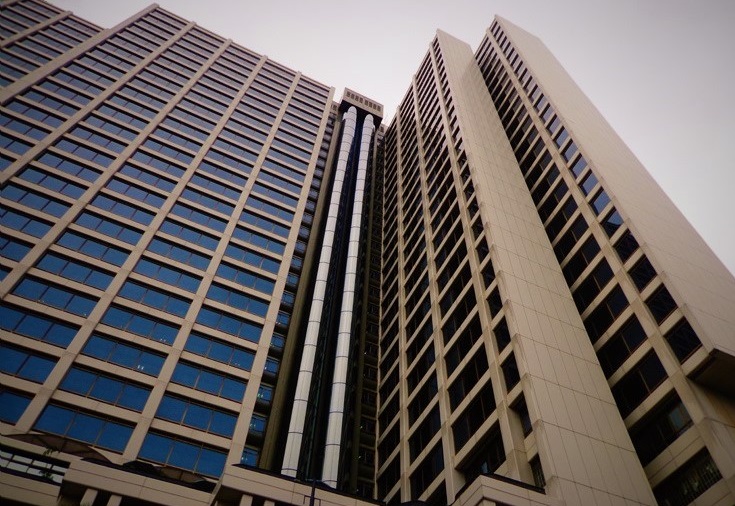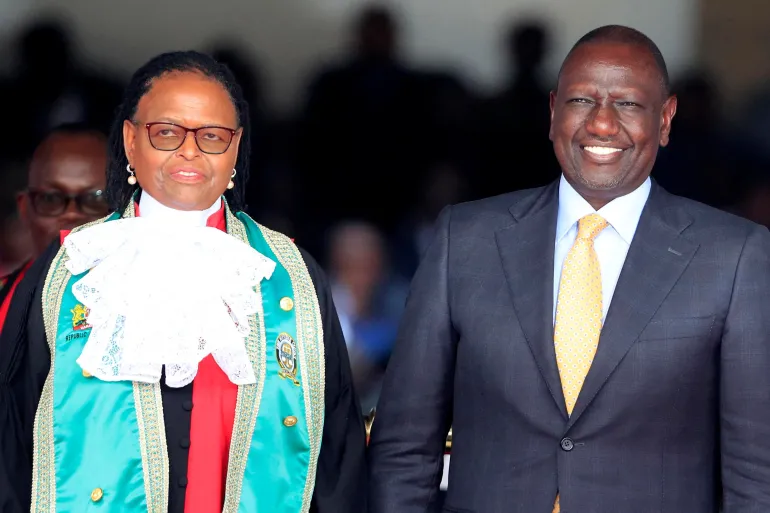
Kenya is Africa’s most prominent democracy. Spread out over more than 582,000 km² and with 53, 000,000 people, when implementing democracy and making policies impacting so many, over so much territory, and across multiple cultures, red tape will certainly be an understandable hindrance to progress.
However 17 months deep into his administration, President William Ruto could be facing far greater problems in executing his role as the country’s Chief Executive, and much worse, maintaining the populace’s trust in his ability to work. In our country Kenya, word is bond.
The President’s muddle is more daunting by the fact that it comes from within: widespread corruption so prevalent in the Kenyan Judiciary, so feared and abhorred in equal measure, that it garners a name synonymous with organized, despicable crime: the Judicial Mafia.
Every Executive Decision is overturned by the Courts immediately it is pronounced, and as if co-ordinated, after William Ruto’s approval and/ or acknowledgment.
Chief Justice Martha Koome is like a Mob Boss, running a well-coordinated enterprise, comprising Judges, actively working with the Opposition, to delay key government projects like a housing fund, universal healthcare initiatives, and most recently, a directive requiring all parents to pay school fees via e-Citizen.
In Kenya, corruption takes many forms including bribery, blackmail, the fixing of lawsuits, the intimidation of witnesses, and all of the exceptions to regulations that money can buy. Bribery is now far too common.
In our courtrooms, the accused persons can bribe prosecutors to drop a case against them, or on the other side of the situation, those who reported a crime can bribe the police to take the investigation more seriously or bribe Judges or Court officials to lean a certain way.
Even without monetary incentives, powerful individuals can use their standing to frustrate the President. An accused person without resources, money, or the desire to participate in corruption is heavily disadvantaged in the trial process before it even begins.
Empowered Judiciary
Why does this happen in an Empowered Judiciary? President William Ruto, on his first day in office, ordered the swearing-in of six Judges recommended for appointment to the Court of Appeal and Environment and Land Court by the Judicial Service Commission (JSC) after three three-year wait.
The President also ordered an annual increase of the Judiciary budget by Ksh3 billion for five years. Speaking during his inauguration ceremony in Nairobi, President Ruto said, “Financial independence of the Judiciary has paid off with the implementation of the Judiciary Fund.” This was a direct show of cooperation and goodwill to the Judiciary, from the President. Also, the principle of separation of powers demands so.
Isn’t it curious now, that President William Ruto’s core projects are all being blocked?


